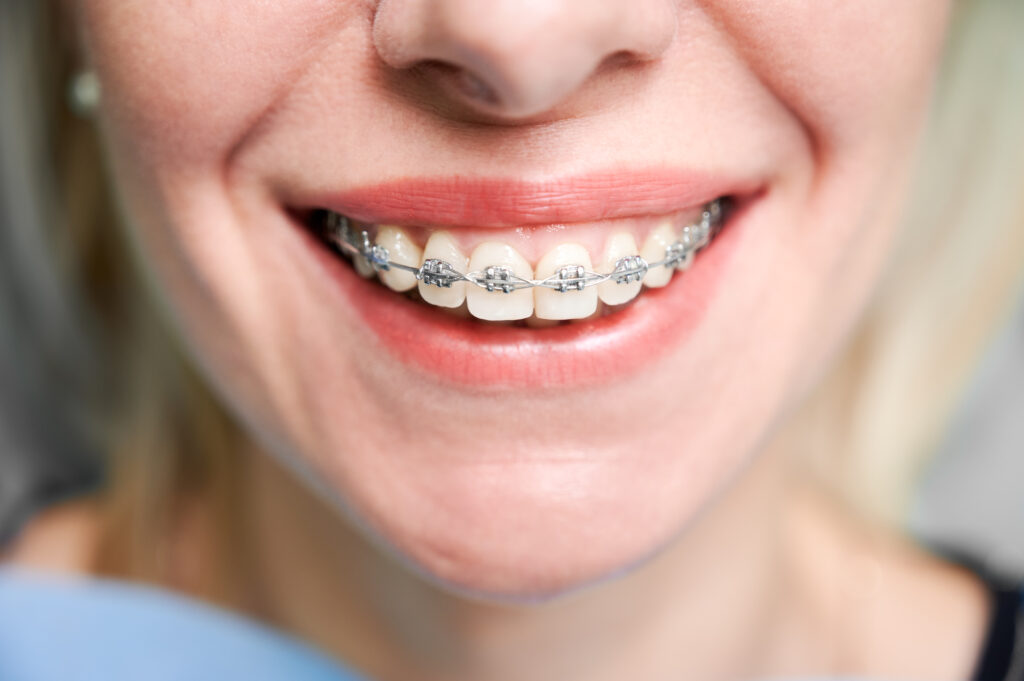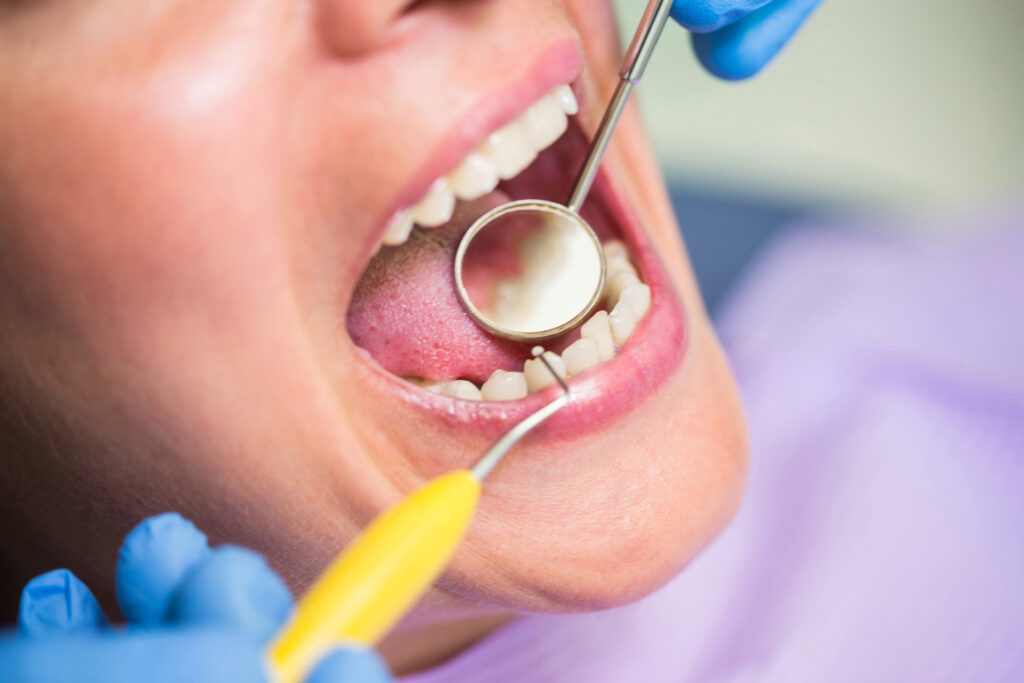Brushing, flossing, and going to the dentist for checkups are just a few things that are good for your oral health. In some cases, surgery is needed to keep the mouth healthy and avoid bigger problems down the road. Oral surgery is an important part of dentistry that deals with difficult dental issues and helps stop a lot of other dental problems from happening.
Understanding Oral Surgery
Oral surgery is a term that includes a number of procedures done in or around the mouth and jaw. These procedures are used not only to fix problems that are already there, but also to stop problems from getting worse before they happen. Oral surgeons help keep the whole mouth healthier by fixing problems early on. This lowers the risk of getting pain or an infection later on.
Common Types of Oral Surgery
Oral surgery includes many different procedures. The most common ones are:
- Tooth Extractions: Taking out teeth that are rotten, broken, or stuck (like wisdom teeth).
- Dental Implants: Putting in artificial tooth roots to hold up replacement teeth.
- Corrective Jaw Surgery: Jaw surgery to fix the alignment of the jaw so that it works and looks better.
- Biopsies and Lesion Removal: Examining or removing growths or lesions that look suspicious.
- Treatment of Facial Injuries: Fixing broken bones and soft tissue injuries in the mouth and jaw is part of treating facial injuries.
Why Oral Surgery Matters for Dental Health
Oral surgery is not just about correcting problems. It often stops problems from getting worse. For instance, taking out wisdom teeth that are causing problems can stop infections, cysts, and other teeth from getting too close together. If you treat infections or remove growths early, they won’t spread and cause more problems.
Impacted Wisdom Teeth and Infection Prevention
Impacted wisdom teeth are a common problem, especially for teens and young adults. These teeth can get stuck or “impacted” if they don’t have enough room to come out properly. This can cause pain, swelling, infection, and even harm to teeth that are close by. Oral surgery to remove impacted teeth stops these problems and keeps the mouth healthy.
Reducing the Risk of Tooth Loss
Sometimes, you have to get your teeth pulled because of gum disease or severe decay. Oral surgery makes sure that the removal is safe and complete, which lowers the chances of getting an infection or hurting the jawbone. You can also get dental implants in the future if you have them taken out right away and taken care of properly. These implants restore function and appearance.
Preventing Long-Term Dental Complications
Oral surgery early on can help keep dental problems from getting worse. A lot of dental problems get worse over time, and by the time you feel pain, the damage can be bad. Early action can stop this from getting worse.
How Oral Surgery Prevents Serious Issues
Let’s look at some specific examples of how oral surgery can stop dental problems from getting worse:
Avoiding Bone Loss After Tooth Extraction
When a tooth is lost or taken out, the bone in the jaw can start to shrink or get weaker. This is called bone resorption. This could make it harder to get a new tooth later. Placing a dental implant right after the tooth is taken out, or using a bone graft, can protect the bone and keep the jaw healthy.
Treating Infections Before They Spread
If you don’t treat a tooth infection, it can spread to the jawbone or even the blood, which can be very dangerous. Surgery to drain abscesses or take out infected tissue can stop infections in their tracks.
Managing Cysts, Tumors, and Lesions
There are times when small cysts or tumors form in the gums or jaw. These might not hurt right away, but they can get bigger and hurt the bone or teeth that are close by. Oral surgeons can take these growths out early so they don’t do too much damage.
Oral Surgery and Orthodontics
Sometimes, oral surgery helps with orthodontic treatment. For instance, braces might not work right if a tooth is stuck under the gum. It might need to be exposed or taken out first. This combination method makes sure that the patient gets the best results and avoids problems during orthodontic treatment.
The Importance of Regular Dental Visits
Dentists often find problems early on during regular checkups. If a problem is found that might need surgery, they will send the patient to an oral surgeon. Finding and treating problems early can help patients avoid pain, infections, and costly treatments later on.
Recovery and Aftercare Following Oral Surgery
Following the right aftercare instructions is important for a good outcome. Patients should keep the area where the surgery was done clean, stay away from certain foods, and follow the dentist’s advice on how much to do and what medications to take. Good aftercare lowers the risk of infection and speeds up the healing process.
The Role of Education in Preventing Complications
Knowing what to expect from oral surgery and why it is necessary can help people feel less anxious and get help sooner. Teaching patients how to care for themselves after surgery lowers the chance of problems happening after the surgery.
Oral Surgery: Your Path to Prevention
Oral surgery is very important for keeping the mouth healthy and avoiding many dental problems. These procedures protect against bigger problems in the future, whether they are removing impacted teeth, treating infections, or getting the jaw ready for dental implants. Oral surgeons help patients keep their mouths healthy, avoid pain, and get better long-term results by fixing problems as soon as they happen. The best way to avoid serious dental problems is to see the dentist regularly and have surgery when necessary.







